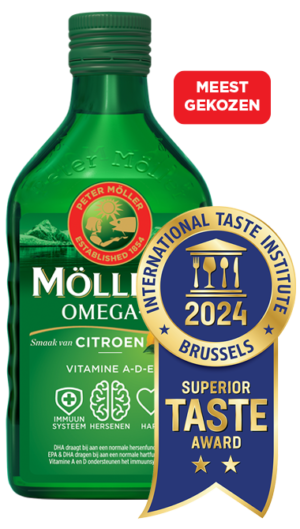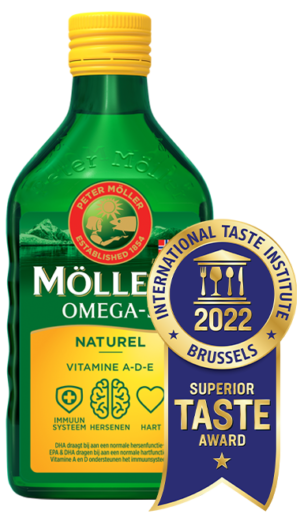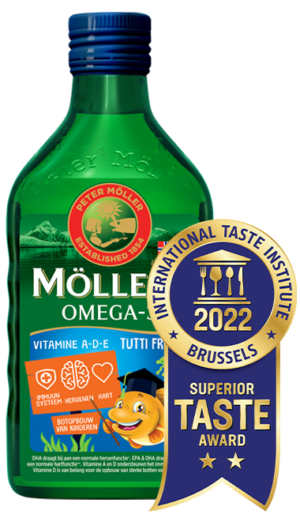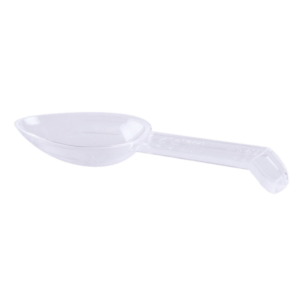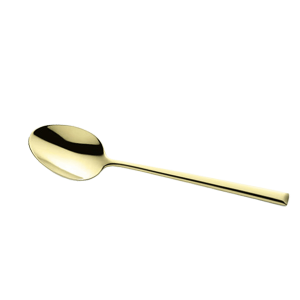Vitamins A, D and E, What are they for?
Vitamins A, D and E: indispensable nutrients
Vitamins A, D and E are indispensable nutrients for our body. They are indispensable for the growth, recovery and proper functioning of the body and the maintenance of our health.
Vitamins occur naturally in our diet, such as in fruit, vegetables and bread. The body cannot or does not make enough vitamins itself. It is important to eat healthy and varied food in order to get enough vitamins through the diet every day.
Möller’s Omega-3 products are (in addition to the omega-3 fatty acids) rich in vitamins A, D and E.
Vitamin A
Vitamin A, also known as retinol, is a fat-soluble vitamin and is important for good eyesight. In addition, vitamin A is good for the skin, gums and hair and plays an important role in growth and good immune system.
Vitamin A during pregnancy
Vitamin A plays an important role in growth. Sufficient vitamin A during pregnancy is therefore important, but too much of this vitamin must be prevented. Do not eat too many vitamin A-rich products during pregnancy, such as liver, pate and liver sausage. For example, a slice of liver pate contains 350 micrograms of vitamin A. The recommended daily allowance (RDA) of vitamin A during pregnancy is 1,000 micrograms per day (the maximum safe dose for pregnant women is 3,000 micrograms per day).
Möller’s Omega-3 contains 250 micrograms of vitamin A per dessert spoon and is therefore a safe amount during pregnancy.
Vitamin D
Vitamin D is a group of fat-soluble vitamins, the two main forms of which are vitamin D2 (ergocalciferol, the vegetable form) and vitamin D3 (cholecalciferol, the animal form). Vitamin D is one of the few vitamins that the body can make itself. Vitamin D is formed in the skin under the influence of sunlight. In addition, the body also needs vitamin D from food.
What does Vitamin D do?
Vitamin is the most important resistance vitamin, it ensures a strong immune system. In addition, the vitamin, which your body produces by exposing your skin sufficiently to sunlight, is important for strong bones and teeth. It promotes the absorption of the minerals calcium and phosphorus in our body. The muscles also have an interest in a sufficient vitamin D content, because the absorption of calcium is influenced by vitamin D.
The sun as a source of vitamin D
Sunlight is important for the production of vitamin D. The sun is not directly a source, but the body produces vitamin D in the form of D3 when the bare skin is exposed to sunlight. However, this production depends on sufficient sunlight on larger areas of the skin for a period of up to 20 minutes a day, depending on the skin color. The darker the skin, the more exposure to sunlight your body needs to produce enough vitamin D in the body.
Read here how sunscreen affects the production of vitamin D.
Food with vitamin D3
Few foods are a good source of vitamin D. Foods that naturally contain vitamin D include fatty fish (such as herring, salmon and mackerel), fish oil (especially the fish liver oil, such as cod liver oil) and egg yolks.
Is your vitamin D content sufficient?
After the summer, the days are getting shorter and less and less sunny, so that our skin is not exposed enough to sunlight. As a result, the body is unable to produce enough vitamin D. Then a deficiency of vitamin D arises, which is anything but healthy. It has been scientifically proven that a lack of sunlight, and therefore a lack of vitamin D, can also lead to listlessness and depression.
In the winter period, almost 60% of the Dutch are deficient in vitamin D. Even in summer, this percentage is still 35%. It is therefore important to supplement this deficiency with vitamin D-rich foods or supplements, such as Möller’s Omega-3.
For pregnant women, children up to 4 years, people with a dark skin color, the elderly and people who do not spend much time outside, a vitamin D supplementation of 10 micrograms of vitamin D per day is recommended.
Vitamin E
Vitamin E, also known as tocopherol, is a fat-soluble vitamin and is important for the maintenance of resistance. Vitamin E is an antioxidant (= substance that protects the body against free radicals). Vitamin E also plays a role in the maintenance of muscle tissue and the production of red blood cells.
Möllers Omega-3
Latest news
- Cod liver oil with the best taste: in 2021 again awarded with Superior Taste Award 26 January 2021
- Our website has been renewed! 22 July 2020
- Keeping your skin healthy 1 July 2020

